What are common problems with boilers not working?
If you notice that your boiler has started to cause you issues and has broken down, it can be a cause for concern, particularly if it has broken down within the winter months. From your radiators not working to no hot water being available, it can be a real concern to your own safety and those that you live with, especially if your boiler has packed in deep into winter. READ MORE
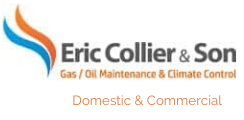

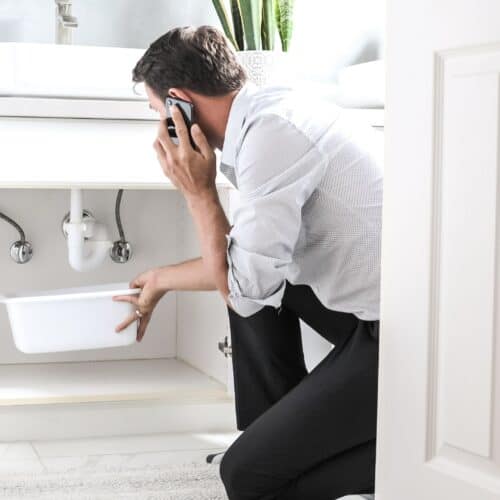
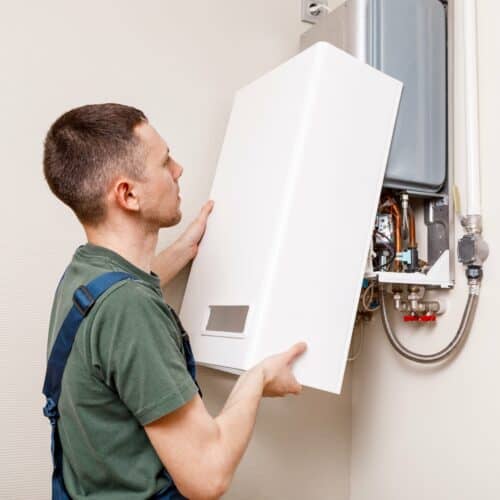
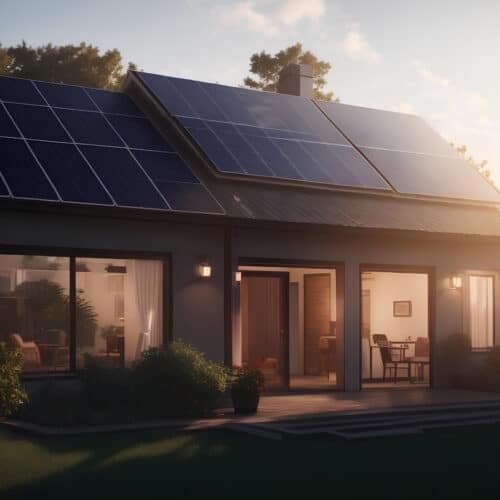
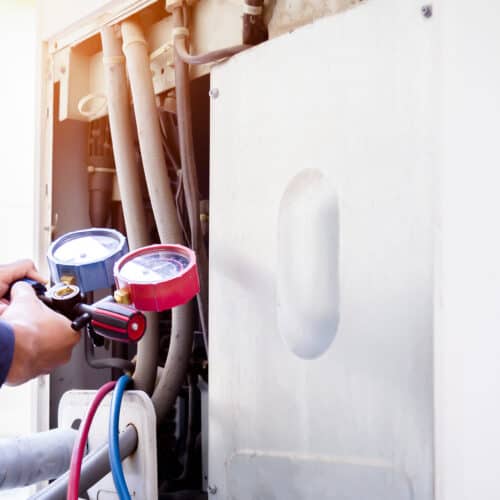
5 Most Common Boiler Problems & How To Spot Them